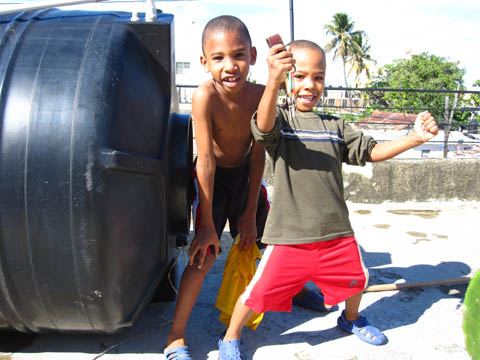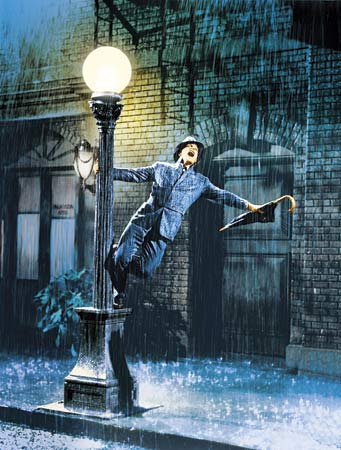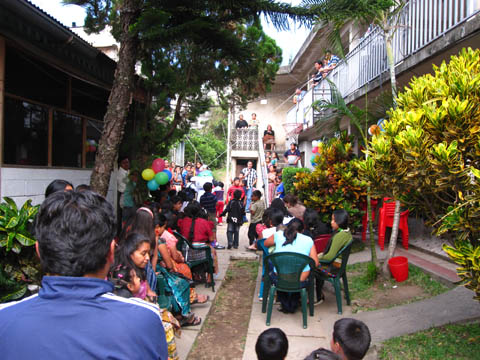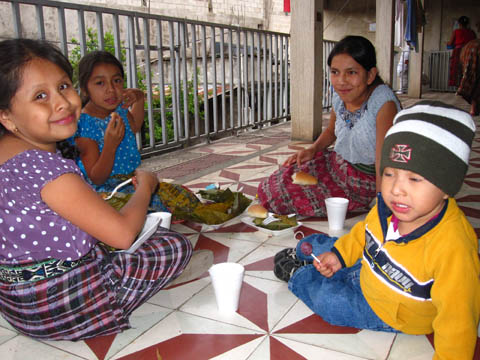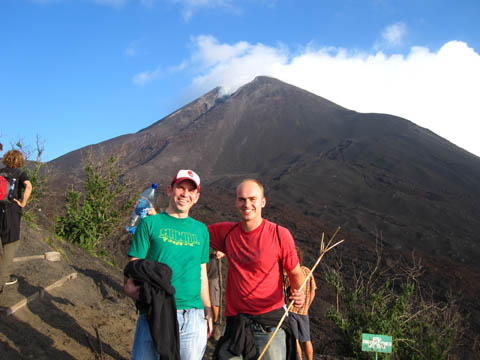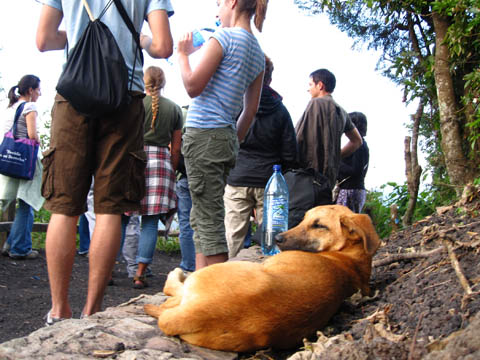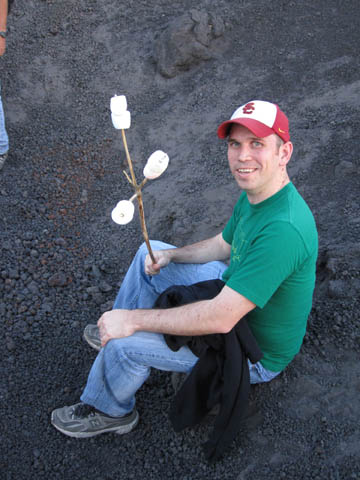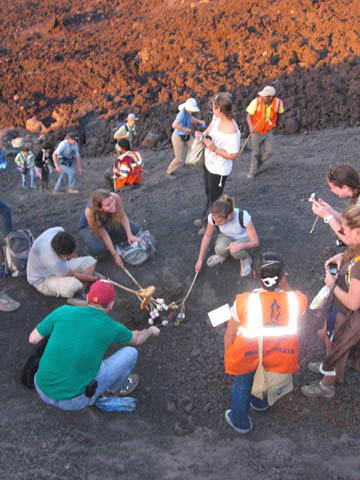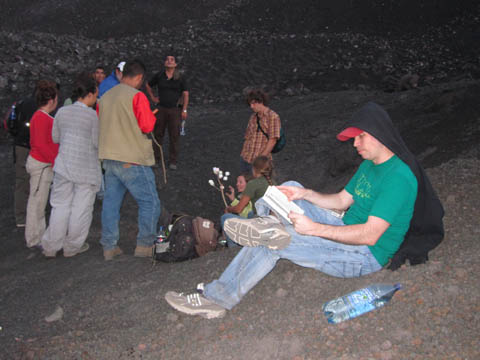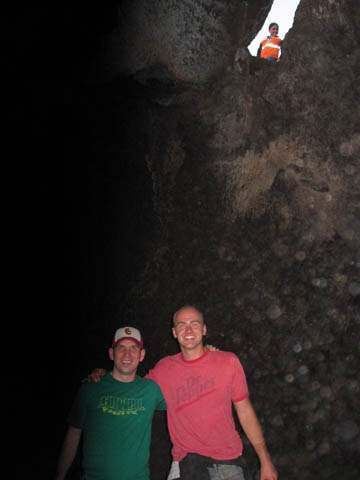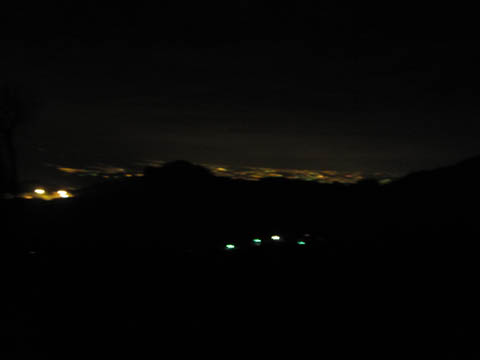I’ve experienced some amazing moments of kindness since I started traveling in August. Moments where I stop and realize that there is goodness in this world, and even though someone does not have money or status, they can change someone else’s life. To me, I thought that to make a difference in someone’s life, you needed to have enough money and education. You had to be in a position of power to positively affect someone else. But there were many moments, and continue to be experiences, where I realize that being educated, having money, skills or talents is irrelevant. Absolutely irrelevant. What matters most is desire, and the willingness to step forward and make yourself available.
Out of many, many examples over the past 4 months to illustrate this point, I’m going to talk about Antonio. Antonio is a Guatemalan in his thirties (possibly early forties). Early on in his life, his diminutive status and diminished mental capacity limited his ability to work led his family to cast him out in the streets to survive on his own. He’s an orphan, and because he never grew up around a family or had consistent relationships until he was 12, his language skills are limited. He doesn’t even speak Spanish. When you want to talk to him, you either have to know Tz’utujil or use body language, and work at it both until he understands. He has no wealth nor the potential for earning it. In the modern world, he has nothing to offer, but yet, he has a room in a home, three meals a day, and a family to call his own. How?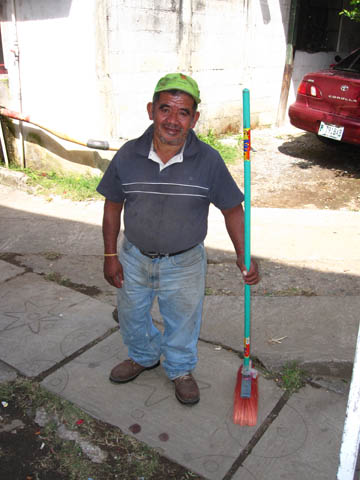
When people ask me what I’ve thought about Central America, I usually respond that people are so kind, so incredibly gracious and welcoming. I say it because it is a point of contrast between the United States and the Central American culture. I say it because I’m a single, young American, without any dependencies, and everything I consider to be safe, secure, and good has come from hard work and the protection of what I’ve been given or earned. Sometimes, I think that to survive in this world you have to fight, and that to admit weakness, or softness is a dangerous admission into vulnerability.
Antonio lives with the Cortez family, and has lived with them for over 20 years. They found him on the street and felt sympathy for him and gave him a home, and more importantly, they gave him a family. He’s got a role in the family and it matters that he follows through with it. He has to fill the water into the outdoor sinks and replenish the firewood, or the food making (which starts at 6:00am) will not happen. I’ve seen him many times at 5:00am wearing a stocking cap and a winter coat carrying firewood up to the second floor. He always wants me to pass by him, and he won’t let me wait for him to finish his trek up the steps.
My perspective has been changing about how this world can work. I have seen too much already to continue with my old mindset. While I haven’t usually taken the time to record my thoughts on this blog, or captured the moments with a photo, in some ways, I don’t want to. There is something special and unique about knowing that when a moment exists it will pass and will forever never be recorded in words or images. I believe these moments are precious, and they have become some of my fondest memories.
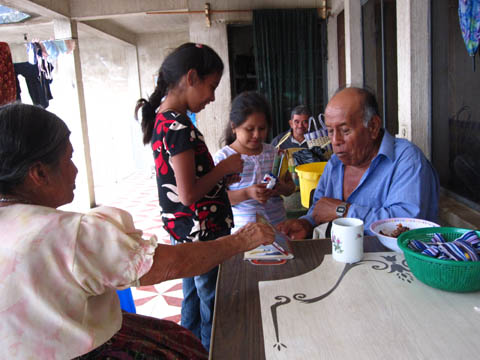
The first time I saw Antonio’s room was when I went up the steps one evening up to my room. The experience made me stop, mid-steps, and think about what it means to be an orphan, or a son, or a traveler in this world. His room, in a word, is “security.” The family gave him something that will always be his. He has a single bulb that lights up his small dwelling place. I saw a picture of the Cortez family, a picture of Jesus, a dresser, a neatly made bed, and his boots placed next to his shoes underneath his small coat rack. I paused on the steps, and thought about the preciousness of having a room to call your own. To have a place where you can set your stuff, fold and store your clothes, and rest in privacy. The times I’ve felt most comfortable while traveling in the past four months has been when someone has given me a room to my own. It’s then that I know that this place will be mine, and mine only, and I and my various possessions, will be safe here.
Antonio’s room is his firm grip on this world. Even though this world has been cold to him and deserted him so many times, this room is something that will not be taken away. It is his, and his only.
I don’t have a picture of Antonio’s room, and I will never have a picture of it. It’s his room. It’s where he feels safe. I’ll leave it in his possession.
I guess, one could say that you really need to leave the borders of the western world to see such kindness of the Cortez family, but I don’t think that’s fair to our society. Kindness exists in our culture every day, but it is so easy to overlook. We get lost in our schedules, in our obligations, and in our entertainment.
So I suppose what happened to me was not that the world was suddenly filled with these moments of real kindness, it’s that I was finally able to see them.
And now, I see it everywhere.

